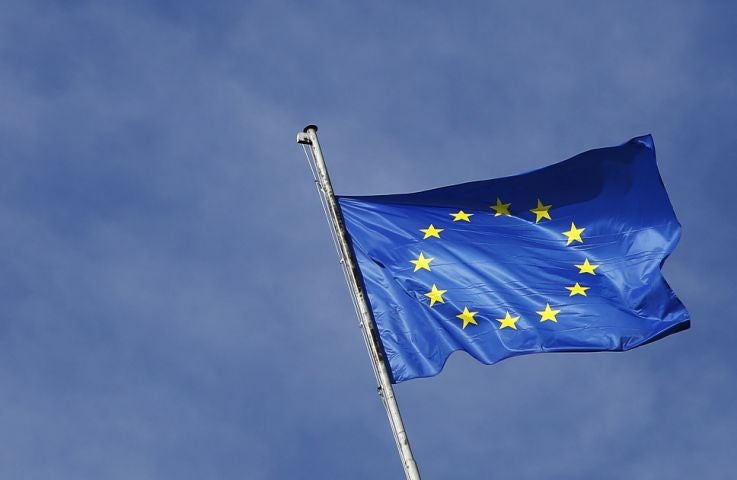
Your support helps us to tell the story
From reproductive rights to climate change to Big Tech, The Independent is on the ground when the story is developing. Whether it's investigating the financials of Elon Musk's pro-Trump PAC or producing our latest documentary, 'The A Word', which shines a light on the American women fighting for reproductive rights, we know how important it is to parse out the facts from the messaging.
At such a critical moment in US history, we need reporters on the ground. Your donation allows us to keep sending journalists to speak to both sides of the story.
The Independent is trusted by Americans across the entire political spectrum. And unlike many other quality news outlets, we choose not to lock Americans out of our reporting and analysis with paywalls. We believe quality journalism should be available to everyone, paid for by those who can afford it.
Your support makes all the difference.
The EU has been celebrating its diversity of language, with press releases timed to coincide with the European Day of Languages last week boasting that “Love is... Multilingualism”. Unfortunately, such love does not appear to spread to Britain.
While two-thirds of people surveyed across the EU’s member states said they could speak a foreign language, that figure is around 38 per cent in Britain. In Luxembourg, an astonishing 99 per cent of people said they spoke a second language, while Lithuania, Latvia, Denmark and Sweden had more than 90 per cent of people fluent in another tongue. The statistics for Britain were not included on the table released this week, with the data listed as “not available”. But the British Council website states that the figure is around 38 per cent.
The only other countries reporting levels anywhere near that low are the EU’s poorer eastern European member states. Hungary had the lowest level at 37 per cent. But Bulgaria – officially the poorest member of the EU – managed better than the UK, with 39 per cent of people stating they know at least one foreign language. Other stragglers include Spain, with 51 per cent, and Portugal, with 58 per cent.
But the reasons for Britain’s poor linguistic performance could also be gleaned from the statistics table. Of the 24 of the EU’s 28 nations for which data was available, 19 of them listed the most common second language as English. And while in all the other nations, children started studying languages in primary school, Britain was alone in starting teaching languages in secondary school.
Join our commenting forum
Join thought-provoking conversations, follow other Independent readers and see their replies
Comments